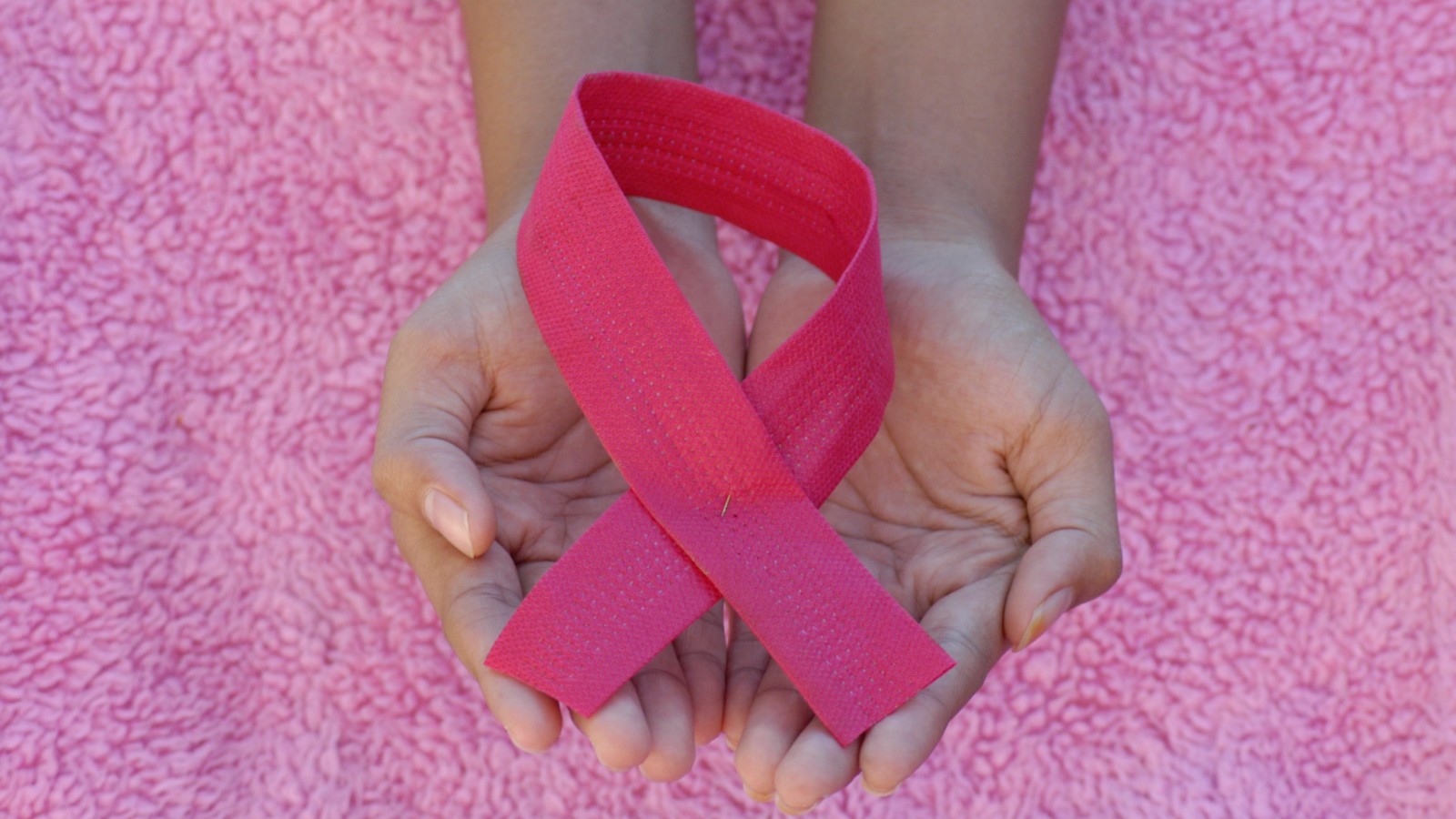Key Points
- October is Breast Cancer Awareness Month.
- One in eight women will develop breast cancer.
- To thrive after surviving cancer means tapping into all that brings a sense of personal fulfillment.
- Positive thinking through adversity is an essential key to thriving.
According to the American Cancer Society, breast cancer is the second leading cause of cancer in women. As the second leading cause of cancer, it is a serious concern. October is Breast Cancer Awareness Month, and if you are a woman reading this article, there’s a 1 in 8 chance that you will develop breast cancer. If detected early, there’s a greater chance of survival.
There are many definitions of survival. When I was diagnosed in 2001, I was told if I had no recurrence within five years of my diagnosis, I could consider myself a survivor. Ninety percent of women fall into this category.
When someone is diagnosed with breast cancer, there is an inevitable shift in their perspective and outlook on life. The diagnosis cannot help but rive you. There’s a surge of emotions, such as fear, anger, sadness, loss of self-esteem. With this comes a sense of uncertainty and helplessness. These experiences are normal and may continue for years after treatment ends.
Being a survivor
The knowledge that one is a survivor provides an opportunity to focus on the task of thriving. This might include making significant life changes, such as pursuing dreams, being more mindful of health, and choosing closeness with those who make us feel good about ourselves over toxic individuals. While it’s important to make significant life changes, we cannot underestimate the importance of embracing each day and working on ourselves by understanding what brings us joy, what makes our hearts sing, and what emotional triggers bring us down.
Positive thinking through adversity
The power of positive thinking is essential for the notion of thriving. Humanistic psychologists such as Abraham Maslow, Mihaly Csikszentmihalyi, Martin Seligman, Eric Erickson, and Carl Rogers attest to the importance of positive thinking. Positive thinking, as a path to wholeness, encourages individuals to focus on their personal strengths and virtues.
In his book The Beethoven Factor, Paul Pearsall, Ph.D., writes about being inspired to creativity through adversity. He rightfully believes that we can become resilient and transformed by adversity.
In her article “Surviving and Thriving Through Adversity,” Leslie Becker-Phelps details her experience surviving after an injury leaving her with many broken bones in her face. She recommended focusing on thinking about who you can depend on, not those who disappoint you. Accept that pain is temporary and will pass. Becker-Phelps also reminds us that kindness to others can make you feel better during struggles or when you are overwhelmed by life’s challenges.
Being a thriver
When faced with adversity, once an individual transcends the survival phase, they move into the thriving phase. This pushes them towards the next level of growth and transformation and ultimately to a sense of empowerment. This process is often seen amongst cancer survivors and those dealing with PTSD.
Pearsall wisely states, “Thrivers share their experiences not from the perspective of ‘Look what I did,’ but from the orientation of ‘Don’t worry. Look at what you can do.’” In this way, thrivers serve as role models for others who are struggling. Their mission, whether conscious or unconscious, is to spread the energy of positive thoughts and healing.
Pearsall calls his book The Beethoven Factor because in listening to Beethoven’s music (being cognizant that Beethoven was deaf), one can hear the ebb and flow of the emotions that reflect our lives. The music serves as a reminder that ups and downs are normal and should be expected. In other words, we must walk through the doors of both positive and negative experiences without letting the negative overpower us. Rather, it should be empowering. Sometimes, the sheer contrast of positive and negative offers the needed perspective that we need to carry us through.
Maintaining a good outlook
Since it is not always easy to maintain a positive attitude, keeping a reminder in your living space is important. This might involve having a sticker on your computer or a journal open to the page where you journal about all the positive aspects of your life.
Those who do not follow these basic tenets of maintaining a positive outlook may find themselves struggling unnecessarily through life’s turbulences, hardships, and experiences that they encounter, whether large or small.
References
Becker-Phelps (2012). “Surviving and Thriving Through Adversity.” Psychology Today. March 6.
Fuller, C. (2020). “Breast Cancer and Mental Health.” Psychology Today. October 27.
“Survival Rates for Breast Cancer.” (2021). American Cancer Society.
–Originally Published in Psychology Today, October 8, 2021


